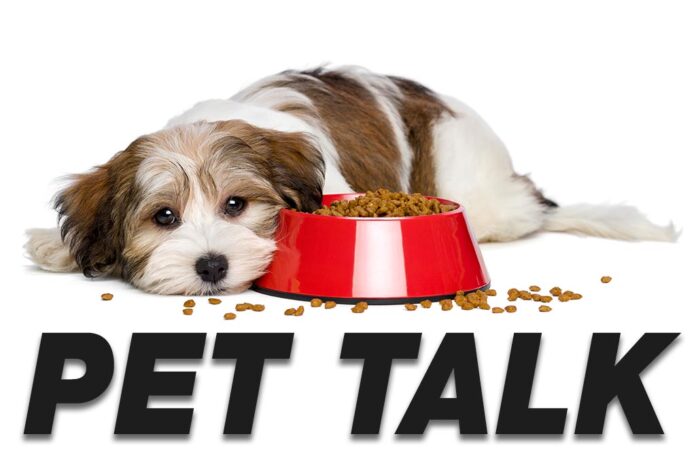Picky eaters. We hear it all the time. Worried, exacerbated, frustrated pet owners, wondering what next to try with their pets. Apprehensive that yet another new food or new attempt to top their food with something will be met once again with dismissal by their dog or cat. Not happening to you? Consider yourself in the minority.
To understand why is to understand all the reasons and the main one may surprise you: Your pet isn’t being picky at all. They are being smart. They are being instinctual.
Imagine eating your favorite cereal for breakfast and dinner with large enough servings to fill you up completely. For me, that’s Cheerios. I could imagine eating and enjoying it for a day or two, maybe longer, but soon I’d crave other things. Fresh things not from a box. Now consider the cat or dog eating a dry food diet. Like cereal, there are good ones, great ones and not so good ones. But the end result for many dogs and cats is boredom and craving of something fresh. Feeding your pet a dry food is exactly like eating cereal every day.
Now think about what we do when our pets won’t eat. Some of us won’t worry much and consider them okay. For others, we may add things to it to spice it up, and our pets are perceptive and smart. They also prefer routine, so, if they like the new routine, they will grow quickly to expect it. Some pets will begin to be bored with the updated topped “cereal,” only to frustrate the pet owner that much more. So for many, the picky eater begins with correct instincts that crave a varied, fresh diet, and they then effectively train us to add the variety. I wouldn’t consider this picky at all! I think it’s smart and right on track to species-appropriate nutrition. It’s nutrition done right!
So, what about the old wives’ tale about not switching our pet’s food? Didn’t we hear that somewhere, sometime, from someone? There are some pets who have extremely sensitive digestion and truly do not do well when taken from their daily routine; however, this is not common. In fact, we effectively create digestive issues when we keep our pets on the same foods because the beneficial bacteria lining their digestive tract is not diverse when it’s not being fed variety. The various brands, fresh meats, fruits and veggies will keep these bacteria alive and able to switch from one food to another very effectively. So the next time someone claims you shouldn’t switch your pet’s diet, ask them to explain it. It’s almost entirely explained by us creating the issue, not because our pets couldn’t handle a variable nutrition plan.
This is not to be confused with a medical or emotional condition that is the true cause for lack of appetite. If your dog or cat (or other animal) shows less interest in eating or stops eating, there may be a reason for concern, and I always err on the side of caution, especially if your pet seems different to you. Do not hesitate to see your veterinarian if they aren’t being themselves, or, if they truly haven’t eaten food in more than a 24-hour span.
We owe it to our 4-legged family members to do right by them. Offering variety, freshness (not just dry food), to nourish their bodies with the nutrition they are meant to have.






















